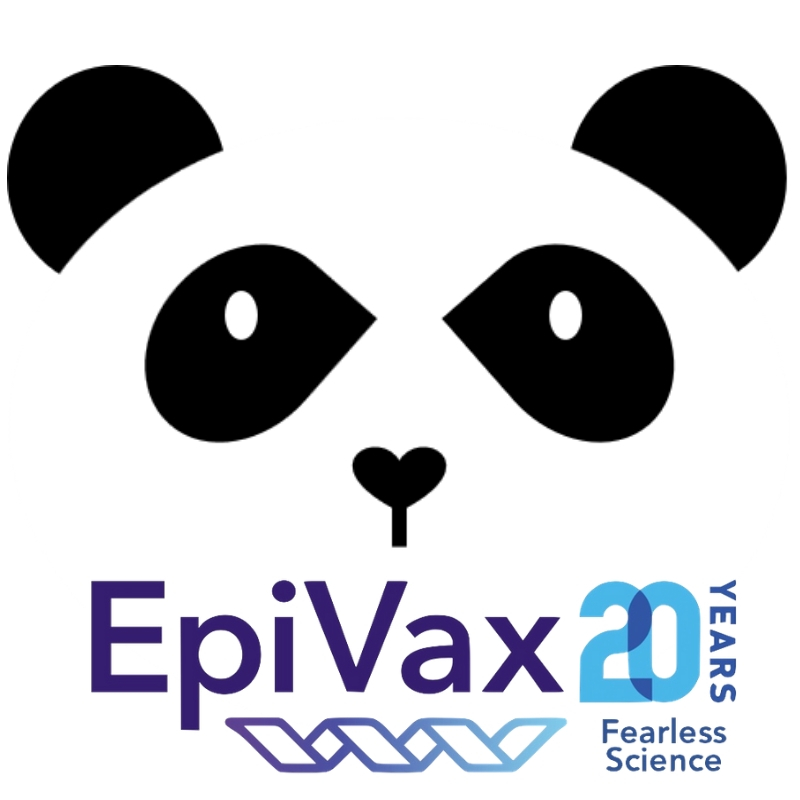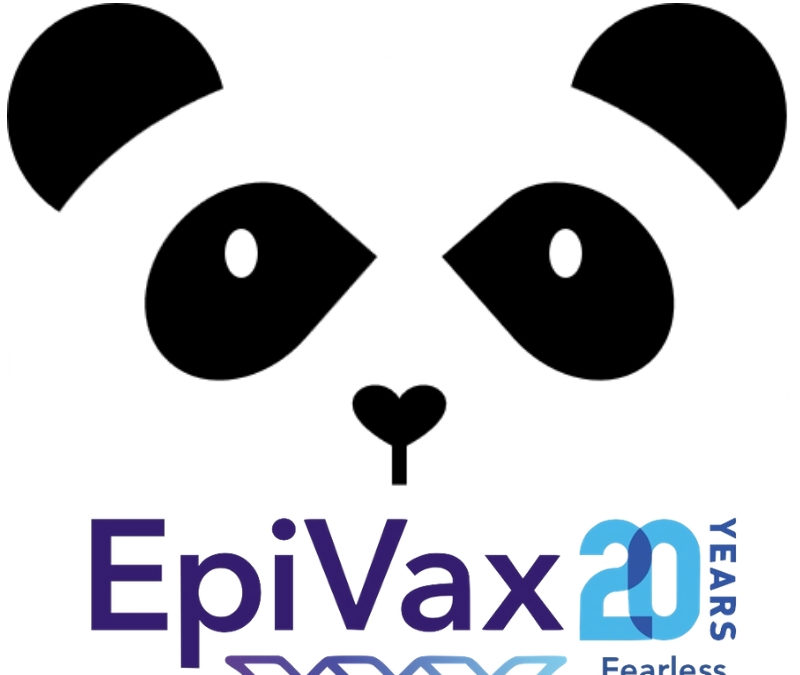Revolutionizing Risk Assessment:
Generic Peptide Drugs and Their Impurities

EpiVax has been awarded a $1 million contract from the Food and Drug Administration (FDA) to demonstrate and validate the best practices and procedures for assessing generic peptide drugs and related impurities for immunogenic potential.
About the FDA Guidance for ANDAs for Certain Highly Purified Synthetic Peptide Drug Products:
In response to the recent FDA guidance, which outlined new immunogenicity assessment requirements for synthetic generic peptide drugs, EpiVax developed the PANDA program (PANDA stands for Peptide Abbreviated New Drug Application). This guidance has called for pharmaceutical generic peptide manufacturers to submit information about potential impurities in the drug formulation and to establish that these impurities do not increase the risk of immunogenicity.
Differences in the sequence of the drug found in peptide-related impurities may affect the safety and effectiveness of a peptide drug product. As such, each peptide-related impurity that is more than 0.5 percent of the drug substance must be characterized. Specifically, generic drug manufacturers need to prove that the impurities do not contain sequences that have an increased affinity for T-cell epitopes.
About the PANDA Process:
This is where the PANDA process comes into play. Through a series of steps, our program can assess the immunogenicity of the reference listed drug (RLD) and the associated synthetically-produced generic peptide products, as well as process-related peptide impurities to evaluate bioequivalence.
We first assess the primary amino acid sequence of each molecule with an In Silico PreDeFT Immunogenicity Analysis for the presence of putative T cell epitopes. We prepare a Pre-Deimmunization of a Functional Therapeutic (PreDeFT) report, which summarizes the predicted immunogenic potential of each sequence.
Next, we validate the in silico findings by testing the molecules in a T cell assay using human lymphocyte cultures, following our adapted In Vitro Immunization Protocol (IVIP), which utilizes blood from healthy, HLA-typed donors to closely mimic a natural, naive human immune response to a potential antigen.
Lastly, our immunogenicity assessment experts compile the results of the previous project phases into one comprehensive “formal” report, including a detailed description with respect to the predicted immunogenic potential and observed immunogenicity ex vivo of the RLD, the synthetically-produced generic peptide product lots, and the process-related peptide impurities. In this FDA-ready Immunogenicity Report, the EpiVax experts provide a full literature review and offer opinions and recommendations regarding the immunogenicity of the generic peptide drug and the contribution of the process-related peptide impurities to overall immunogenicity. EpiVax’s formal Immunogenicity Report can then be used to support the regulatory filing, increasing the likelihood of a favorable review.
With many peptide drugs soon to come off patent, pharmaceutical manufacturers looking to make the generic version of the drugs will soon need to submit ANDAs to the FDA, and when they do, EpiVax’s PANDA process will be here to help!
To learn more about PANDA, read the official press release below, browse through our immunogenicity screening products, and/or contact us.
Office of Generic Drugs (OGD/FDA) Awards $1M FDA Contract to CUBRC and EpiVax for Demonstration and Validation of Immunogenicity Risk Assessment Methods for Generic Peptide Drugs and Their Impurities
Providence, R.I., October 2, 2018 – EpiVax, Inc. (“EpiVax”) and CUBRC, Inc. (“CUBRC”) announced today that they have been awarded a two-year $1 million contract from the Food and Drug Administration (FDA) in response to a Broad Agency Announcement (BAA), FDA BAA-17-00123.
The research program will identify best practices and procedures for assessing generic peptides and related impurities for immunogenic potential. “EpiVax has worked hard to be at the forefront of the immunogenicity assessment field. Our proprietary immunoinformatics tools make it possible to perform risk assessments accurately and expeditiously. We look forward to working with FDA scientists to set new standards for immunogenicity risk assessment for generic peptide drug products,” stated Annie De Groot, MD, EpiVax’s CEO/CSO.
The FDA recently issued a draft guidance for generic peptide drugs and issued a BAA for immunogenicity risk assessment tools. In response to this BAA, EpiVax scientists will demonstrate and validate risk assessment methods for generic peptides. OGD scientists will also have access to the EpiVax ISPRI Toolkit for selected peptide drugs and their impurities.
CUBRC will leverage its technical expertise in biomedical research and development along with its experience leading large federal government grants and contracts in collaboration with EpiVax to execute the research. “CUBRC plans to leverage our 3+ year partnership with EpiVax to provide systems integration and program management expertise to advance EpiVax’s highly specialized immunoinformatic tools which will help the FDA with evaluation of new generic peptide drugs,” stated Katie Edwards, PhD, CUBRC’s Prime Technical Program Lead.
About the Draft FDA Guidance on Generic Peptide ANDAs:
The new draft guidance issued by the Office of Generic Drugs highlighting the use of in silico analysis in accelerated new drug applications for generic peptide drugs can be found here (UCM578365).
About EpiVax:
EpiVax is a 20-year old privately-held biotechnology company located in Providence RI, with a broad portfolio of projects including vaccines and immunotherapies for infectious diseases, autoimmunity and cancer. Scientists at EpiVax, led by co-founders Annie De Groot and Bill Martin, lead the field in immunogenicity risk assessment. The ISPRI and iVAX toolkits for therapeutics and vaccines are used by a global roster of companies. Visit www.epivax.com for more information.
EpiVax’s spin-out company, EpiVax Oncology, is leveraging a peptide-driven approach to personalized cancer immunotherapy. Visit www.epivaxonco.com for more information.
About CUBRC:
CUBRC is an independent not-for-profit scientific corporation that executes Research, Development, Testing and Systems Integration programs in Medical Sciences, Chemical and Biological Defense, Data Science and Information Fusion, Command and Control, and Hypersonics. Visit www.cubrc.org for more information.
FDA Funding Statement:
The FDA sponsors the project referenced in this press release. The content of the information does not necessarily reflect the position or the policy of the federal government, and no official endorsement should be inferred. The entire project (~$1.0M) will be financed with federal money.
Press Contact:
Annie De Groot, MD
EpiVax, Inc.
401-272-2123

